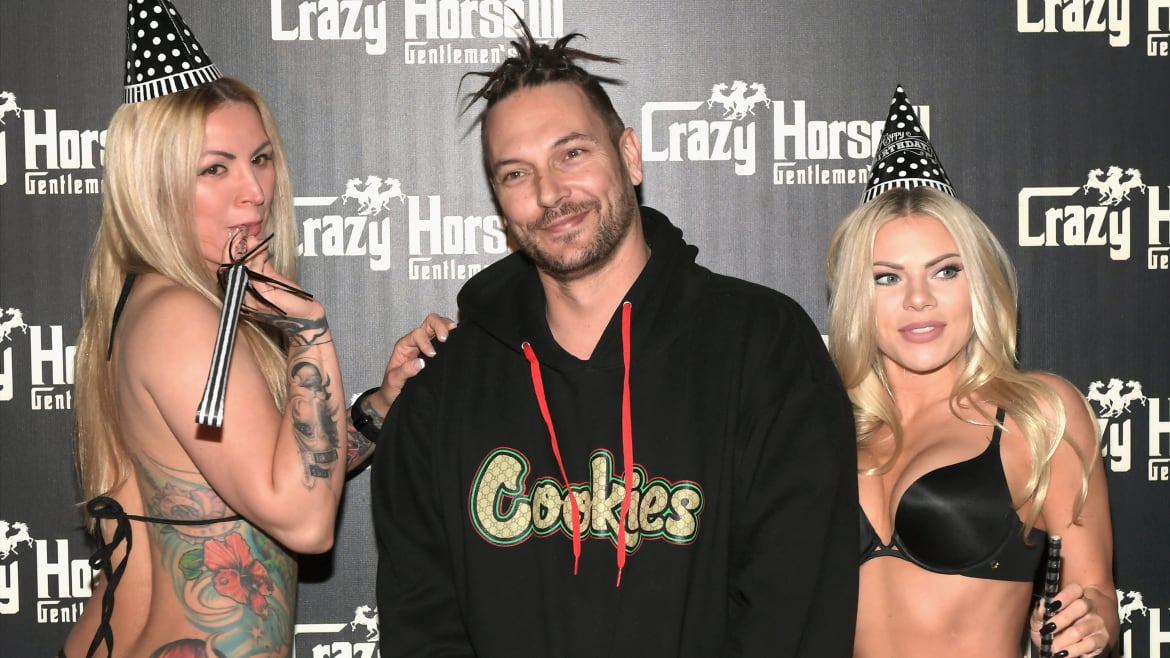Bryan Steffy/Getty
Last November, Britney Spears scored a landmark victory when Los Angeles Superior Court Judge Brenda Penny opted to end her conservatorship. After years of work from Spears herself, demonstrations from her most devout fans, a harrowing documentary from The New York Times, and, ultimately, the singer’s heart-shattering testimony in court, it appeared Spears had finally won her freedom.
When Spears stepped out of her conservatorship, the public and the media responded with an avalanche of mea culpas. Documentary after documentary had exposed how relentless professional pressure, combined with a tabloid culture devoid of empathy, had gradually but systematically broken the singer’s spirit. Viewers saw Spears’ public 2008 breakdown in a new light—not as a personal failing to be cruelly ridiculed, as it was at the time, but as a cry for help from a human being who, for most of her life, had been exploited for our entertainment.
Less than a year later, however, that old, familiar cruelty has already crept its way back into the Spears discourse. Consider, for instance, the conversation that’s unfolded in the wake of her ex-husband Kevin Federline’s recent insidious “reveals” about her.

